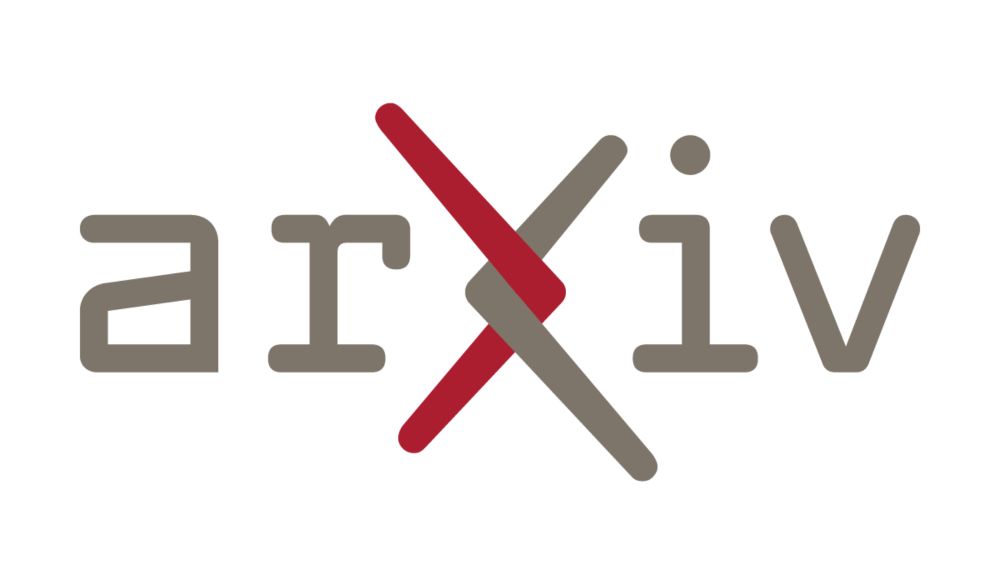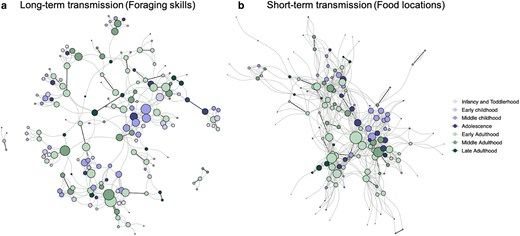James Winters
@replicatedtypo.bsky.social
1.3K followers
670 following
65 posts
Simulating sci-fi novels and calling it cultural evolution
Centre for Culture and Evolution | Brunel University London | https://j-winters.github.io
Posts
Media
Videos
Starter Packs
Pinned
James Winters
@replicatedtypo.bsky.social
· Aug 15

Modelling the emergence of open-ended technological evolution
Humans stand alone in terms of their potential to collectively and cumulatively improve technologies in an open-ended manner. This open-endedness provides societies with the ability to continually exp...
arxiv.org
Reposted by James Winters
Reposted by James Winters
Reposted by James Winters
Reposted by James Winters
Reposted by James Winters
Reposted by James Winters
Reposted by James Winters
Reposted by James Winters
Reposted by James Winters
Reposted by James Winters
Reposted by James Winters
Reposted by James Winters
Reposted by James Winters
Reposted by James Winters
Abbey Page
@abbeyepage.bsky.social
· Sep 2
Reposted by James Winters
Abbey Page
@abbeyepage.bsky.social
· Sep 2























